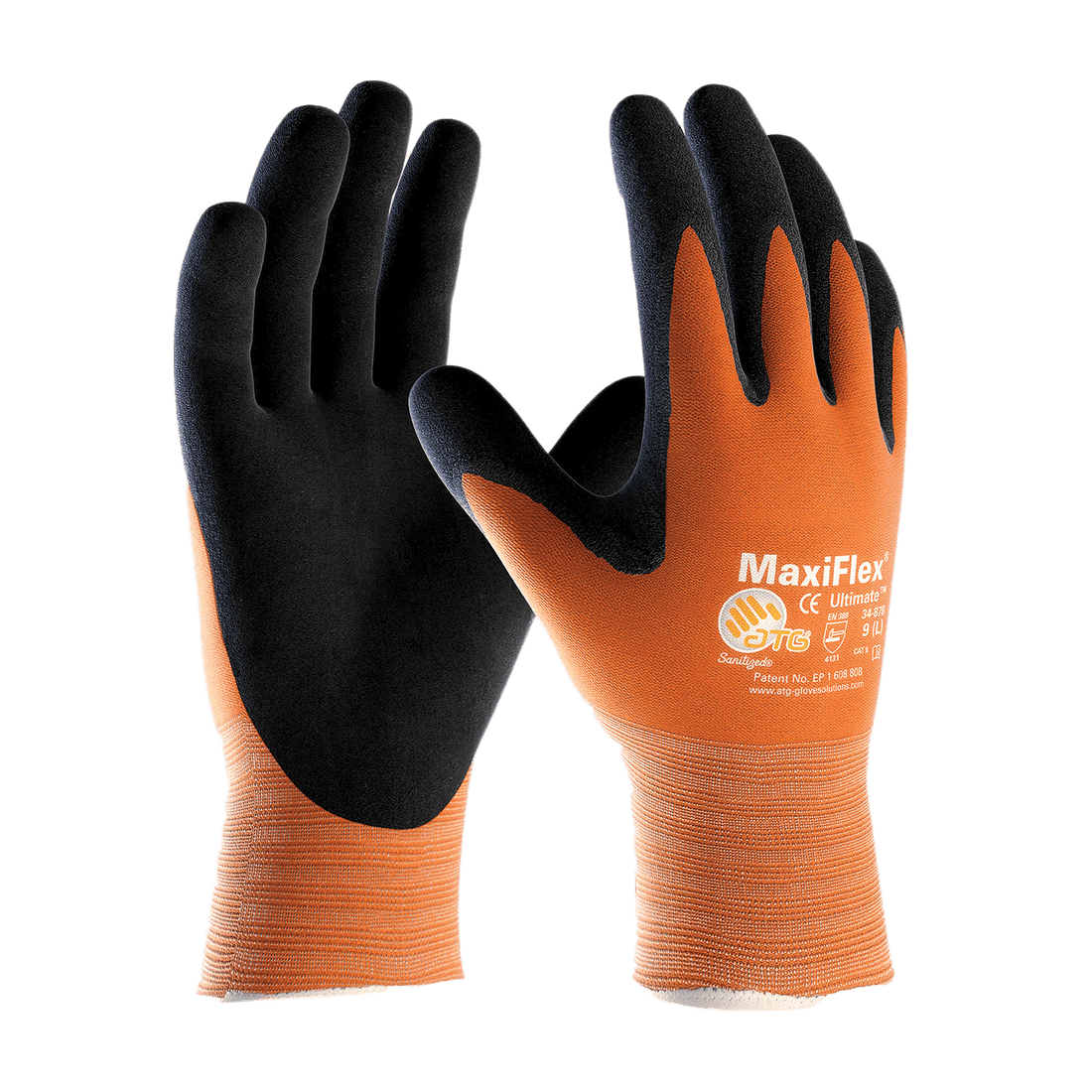While maintaining cost effectiveness is an important factor when purchasing work gloves, more important than that is selecting gloves that will actually offer adequate protection for the hazards you face.
One of the main things to consider is the shell material of the work gloves you’re selecting. This portion of the glove really determines the level of protection as well as the dexterity and comfort the glove will offer.
Some of the best shell materials for protection against abrasions and cuts include canvas, glass fiber, engineered fiber, polyester, synthetic fibers, cotton, and latex. If you’re looking for a flexible fit, opt for a shell made of cotton, latex, neoprene, PVC, polyester, wool, or canvas. The shell materials that offer the best grip are latex, nitrile, PVC, canvas, and spandex.
Second to the shell material is the palm coating of the glove. This is another really important feature of work gloves to consider for the protection you need. Latex offers great grip in dry conditions and is resistant to chemicals and liquids. Canvas palm coating adds additional durability and cut protection. Nitrile offers excellent protection against punctures, snags, and abrasions and is inherently resistant towards chemicals and other solvents. A polyurethane palm will give great protection against abrasions, excellent grip, and is resistant towards oils and solvents. A PVC palm coating allows wearers to maintain great flexibility and dexterity and gives great grip in wet and oil conditions.
If you’re looking to purchase work gloves to protect against specific hazards, here’s a quick reference list to help point you in the right direction:
Electricity: If you need to protect yourself from potential electric shock, you should look for a work glove constructed of leather or rubber because those materials do not conduct electricity.
Cuts & Punctures: If your tasks have a risk of causing punctures or cuts, you’ll want to select a pair of cut resistant gloves that are rated appropriately for your specific type of hazard.
Water & Chemicals: If you’re working around liquid, you’ll want to find waterproof gloves. Most gloves that resist chemicals will have a certain palm coating, like nitrile, that will help add extra protection.
Bruising & Blistering: If you’re working in a construction environment, or something similar where you’re using power tools, you’ll want to find work gloves that are impact resistant. These gloves have additional padding on the palms and knuckles that help to absorb vibrations from power tools that give you added protection.
Heat & Cold: If you’re working in extreme temperatures, you should look for heat or cold resistant gloves. Heat resistant gloves are designed to withstand high temperatures and are very durable. Cold resistant gloves are constructed to be insulating to keep hands warm and dry.




